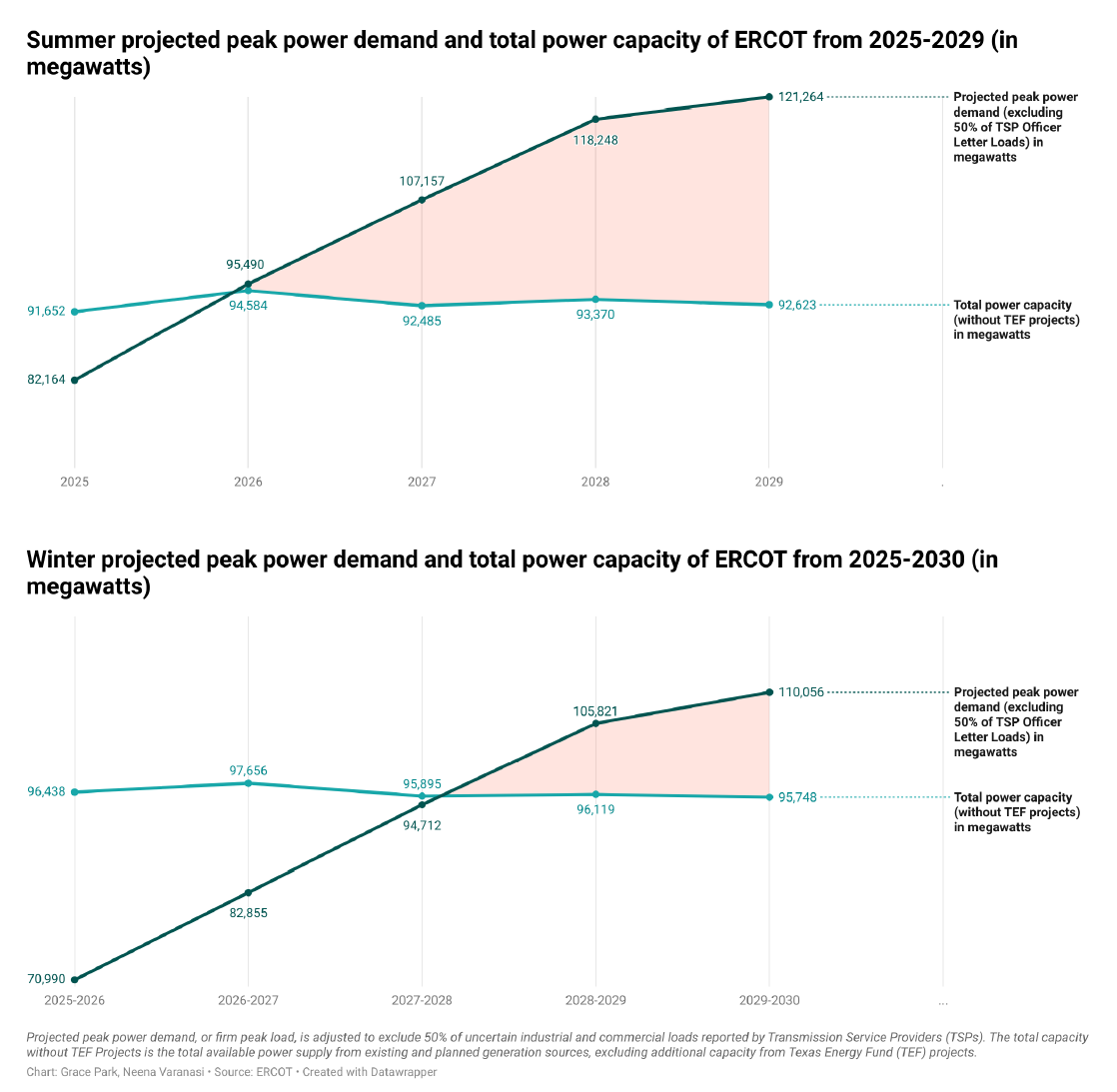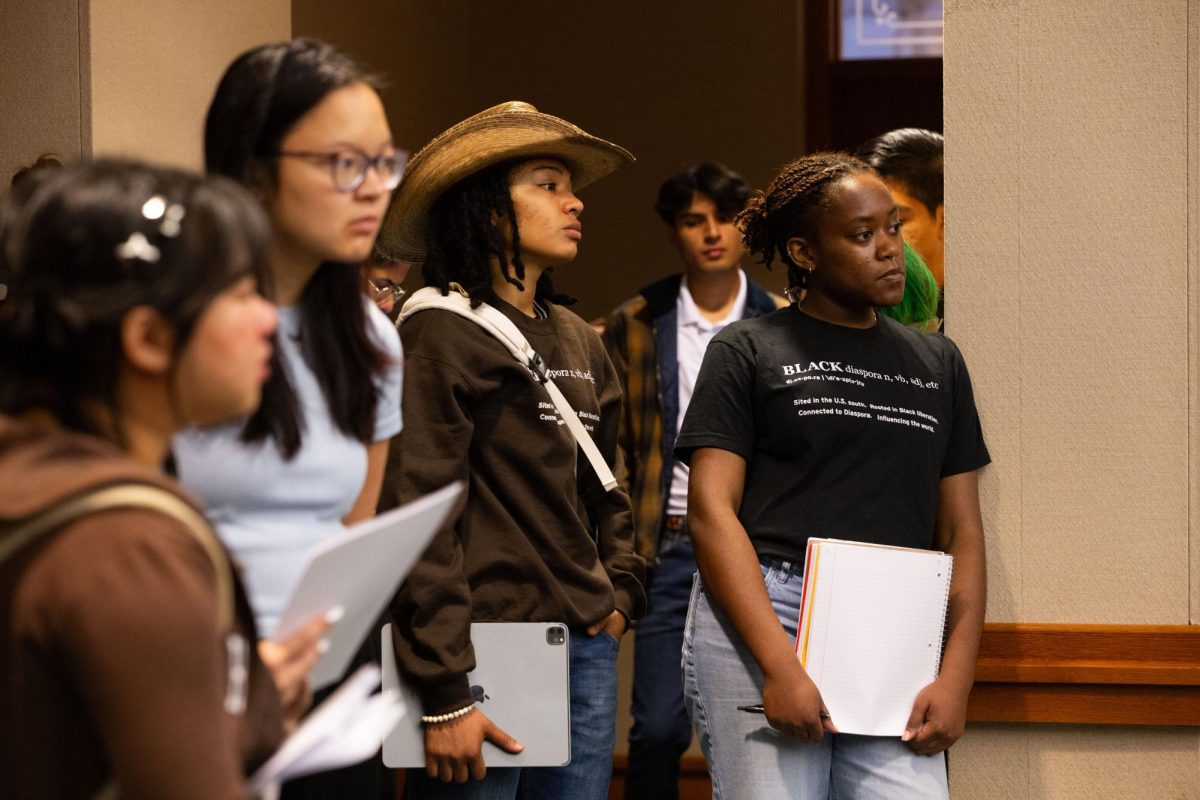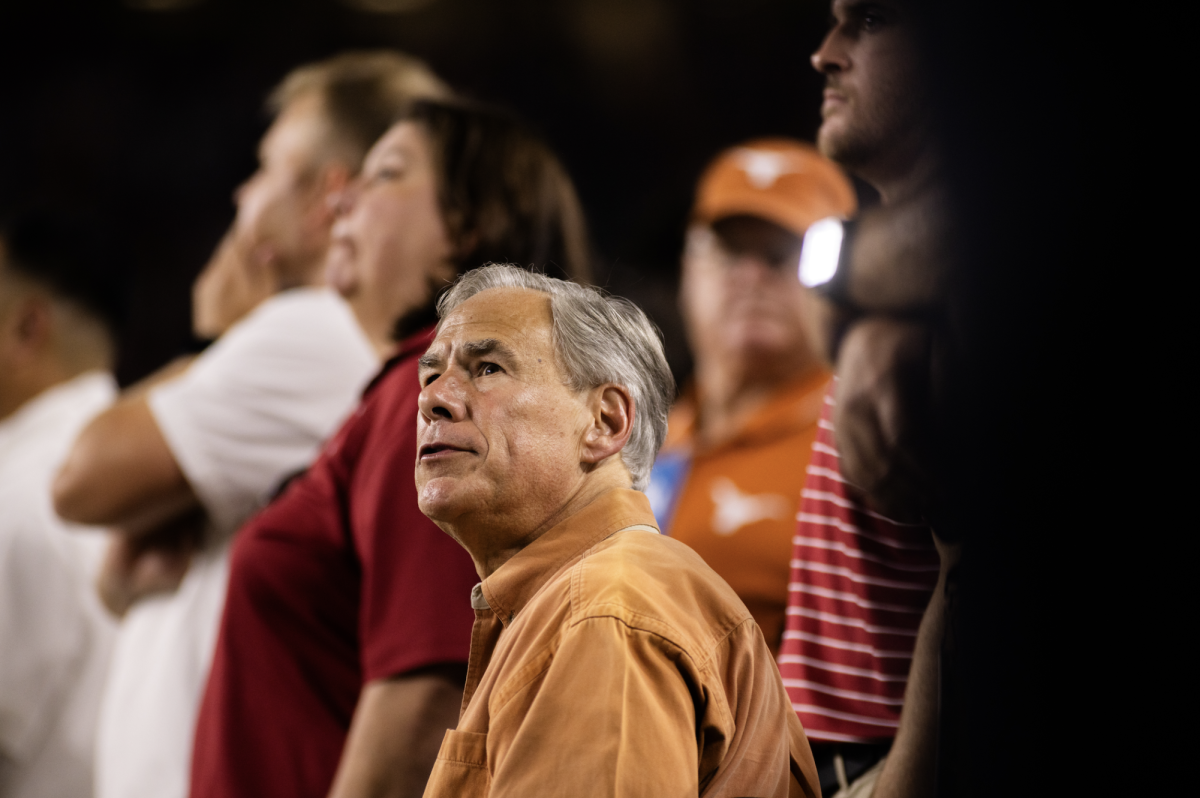University faculty and staff have contributed less than $8,000 to major candidates in the Austin mayor’s race this year, significantly less than the total amount of contributions to the state race for governor.
Texas Ethics Commission data on UT employee contributors to political campaigns shows more than 120 individuals who have contributed a total of more than $20,000 to primarily support state Sen. Wendy Davis, D-Fort Worth, and the Travis County Democratic Party in the governor’s race. Meanwhile, information filed with the Austin Office of the City Clerk shows more than 25 University faculty or staff who have contributed a total of around $7,750 to major mayoral candidates Steve Adler, Mayor Pro Tem Sheryl Cole and City Council member Mike Martinez.
People who make gubernatorial campaign contributions are required to disclose their employer, but those who donate to mayoral campaigns are not. It is possible that the number of donations is underestimated because of the different filing practices by the city and state.
Victoria DeFrancesco Soto, visiting scholar at the University who researches political behavior, said voters tend to follow and support candidates competing in statewide and national elections even though citizens have a greater likelihood of being able to influence local politics.
“Our attention is always drawn to the top-of-the-ticket folks — in the midterm, to the gubernatorial candidates [and] maybe the senate races,” DeFrancesco Soto said. “It’s this disconnect between the realities of politics and how it affects us and how we perceive politics. Local news will cover what’s going on here in Austin, but it’s not as sexy and glamorous.”
DeFrancesco Soto also said gubernatorial candidates tend to be affiliated with a political party and have developed sophisticated systems for asking for donations — two attributes typically not found at the local level.
Among disclosed faculty and staff campaign donations to the three major mayoral candidates, Adler has received the most with $4,550. Cole and Martinez have both received more than $1,500.
Adler’s campaign manager Jim Wick said their campaign has currently raised $566,000 from about 2,500 donors since Adler first began campaigning for mayor in January. Wick said this amount beats the record of about 1,500 donors who supported Mayor Lee Leffingwell’s campaign in 2009.
The City of Austin allows individuals to donate a maximum of $350 to a mayoral candidate’s campaign, while individuals donating to a gubernatorial candidate can give up to $2,600.
Matt Parkerson, campaign manager for Martinez, said the campaign has risen more than $200,000.
“We knock on doors seven days a week,” Parkerson said.
Both Wick and Parkerson said their respective campaigns do not do anything to specifically gain support from UT faculty and staff, but both campaigns have coalitions on campus to get students involved in the mayoral election.
David Sullivan, a research associate for the University’s Center for Energy and Environmental Resources, said he and his wife contributed money to both Cole’s and Martinez’s campaigns, along with the campaigns of several other City Council members.
“Aside from my day job here at the University, I’m also at the city office,” Sullivan said. “My wife and I donated basically out of loyalty and trust. I believe the city is in an excellent position to elect a good mayor.”
Engineering professor Philip Varghese financially contributed to the Adler campaign, but said it is important for voters to participate in both mayoral and gubernatorial elections.
“However, the sums of money being spent on the governor’s race are so large that I don’t think any contribution I can afford to make will materially impact it,” Varghese said in an email. “I suppose one could argue that’s true of a single vote as well, but I think voting is a responsibility. Donating money is optional.”




















